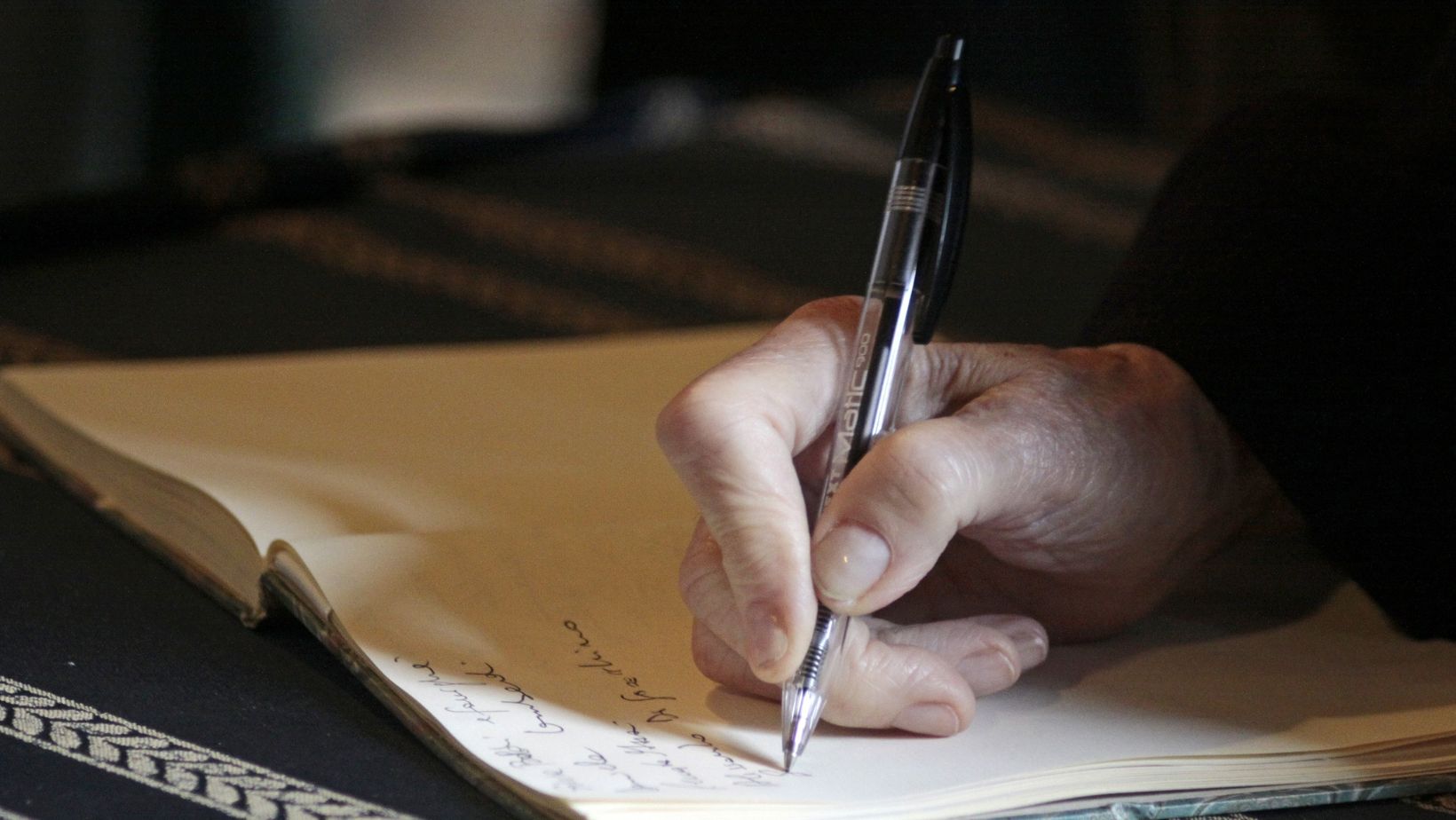In your twilight years, it’s important to make sure your affairs are in order. This can mean finding out how to get a last will and testament online. In this article, we’ll show you how to arrange your affairs for your family’s sake.
The Importance of a Will
Your last will and testament sets out how you’re splitting your assets. This is the only way you’ll be able to make sure everything happens as you expect.
There’s no perfect time to start writing your will. However, if you don’t already have one, it’s wise to start right away. Waiting too long may mean you won’t have a chance further down the line. If this is the case, your assets won’t go where you want them to.
Make sure you set out every beneficiary and leave no stone unturned. Include every property or investment you own, as well as any digital assets. If you forget to mention it, even the smallest piece of property could become a battleground.
Approaching the Topic of Your Affairs
Don’t leave any big surprises in the will that could throw people off. Someone might use these to challenge the document, leaving your assets stuck in probate. Make your wishes clear to family and friends while you’re alive. They can then confirm that your choices are correct.
You must also choose an executor. This could be a family member, even someone who’ll inherit property from you. It wouldn’t be a conflict of interest. However, you should still be careful with your decision here. Only pick someone that you’re sure will fight for your interests.
This isn’t a conversation anyone in your family will be rushing to have. Always broach this topic sensitively, but make sure your wishes are clear and to the point. These discussions could even inform how you end up writing your will.
What Happens if You Don’t Write a Will?
Failing to write a will can have serious consequences. In this situation, it’s very unlikely that your affairs will work out how you imagined.

Here’s what could happen if you don’t write your last will and testament:
- Probate: Without a clear will, your assets could be the subject of lengthy court debates. This can take years for your family to untangle.
- Family conflict: Members of the family may disagree over who will get what. This could lead to a falling out — and even legal battles.
- Higher costs: The longer your loved ones spend on figuring out your estate, the more it costs. This can really harm the family’s finances.
- Intestacy laws: The usual probate route will follow US intestacy rules. This might simply not reflect how you wanted to split your assets.
- No guardianship: Some wills specify who takes guardianship of minors in your care. If you have no will, you can’t decide where they go.
- No tax-saving strategies: Your will can set up trusts to reduce tax burdens. If you don’t prepare, your heirs might need to pay more tax.
- More stress: With your passing, your family will be going through a lot. The lack of a will would lead to extra stress for them.
Ensuring Access for Everyone
In the digital age of today, some of your assets will likely be online. This could be money in your PayPal account or even photos on your computer. You have to make sure your executor is able to provide access to these assets.
Do not include your passwords in your will. This will make your sensitive information a matter of public record. Instead, make another document for your executor’s eyes only. Include a list of all relevant passwords and other access details.
You can still include this document alongside the will. But always leave your confidential details out of the will itself. If your executor isn’t handling the accounts, they will pass on your details to the right people.
Changing Your Will After Writing
Many people change their will after they write it. Perhaps your financial situation (or entire family dynamic) has shifted. You may not want to give your assets to someone you no longer trust.
However, it’s important you don’t rush these changes. Never alter the will in anger. You may not have time to change it again if things improve. Sudden, erratic changes you didn’t discuss with others might also bring the will into dispute.

When you do change your will, destroy the previous draft. Make it clear this new version is your last will and testament.
As a general rule, update your will every 3 years or so. This ensures the end result reflects what you currently want for your family.


